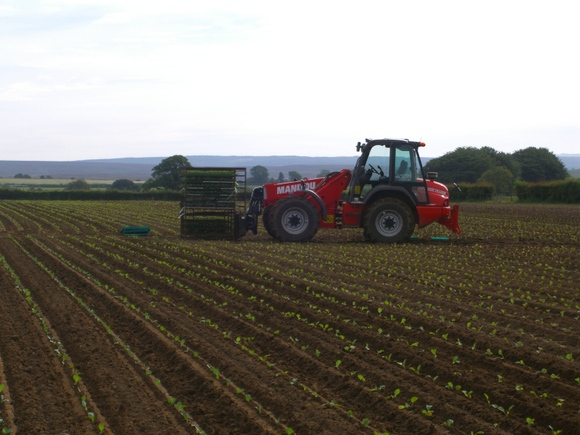Healthy Soil
The soil is a living entity not just a medium in which to grow plants. Living soils teem with life, from earthworms, centipedes and beetles to fungi and bacteria. Healthy soil has food, air and water to help plants grow. The more nutrients available in the soil, the more the plant can take up. The more nutrients in the plant, the more available for animals and humans. The Soil Association believes that for this reason human health is affected by the health of the soil; hence our name.

Most of the plant’s nourishment comes from the soil. The nutrients are made up of minerals from the earth. Other nutrients come from dead plants and animals. As plants cannot use most of these nutrients directly, they have to be converted into a useable form by insects and organisms which live in the soil. In return plants help soil organisms by secreting sugars and enzymes back into the soil.
Soil forms slowly but can be lost rapidly through erosion. It can also be contaminated by pollution. And some evidence suggests that using artificial fertilisers actually suppress the rich diversity of life in the soil that is needed to keep it healthy.
Organic farming protects and improves this vital resource by:
- Prohibiting synthetic fertilisers
- Adding nutrients through composted farm manure and green waste
- Establishing crop rotations (because different crops put in or take out different nutrients and it is important to balance crop growing with building soil fertility)
- Encouraging hedgerows, windbreaks and smaller fields to reduce problems of soil erosion
- Planting cover crops to protect the soil from wind, rain and nutrient loss